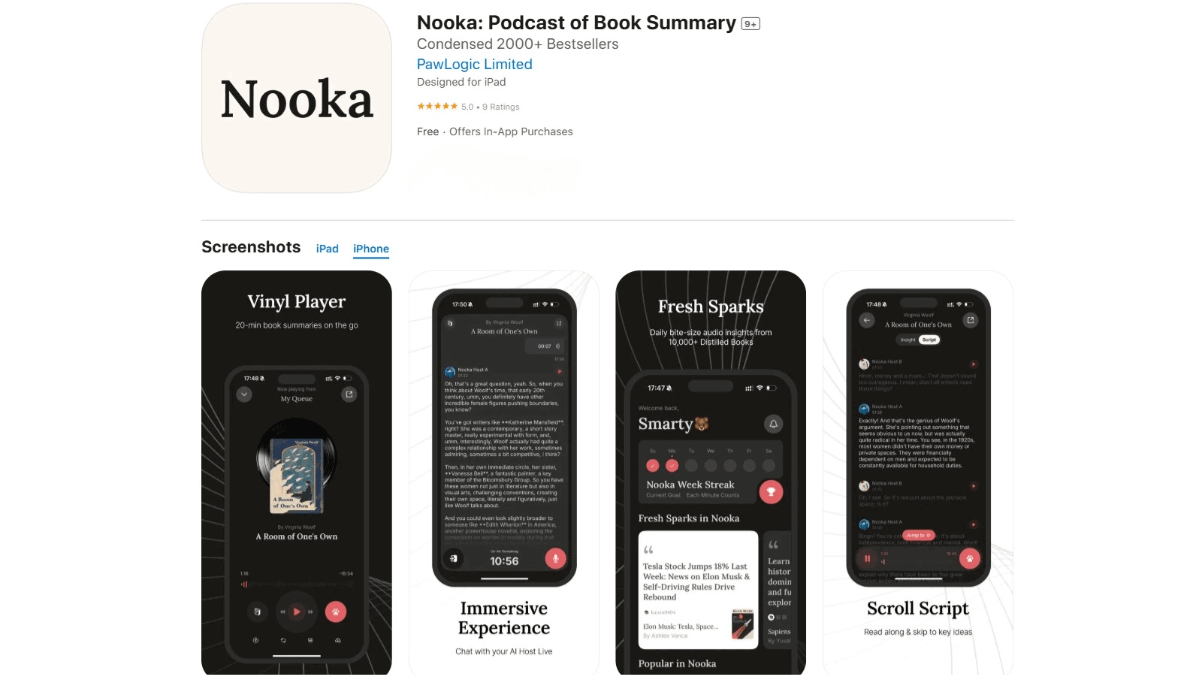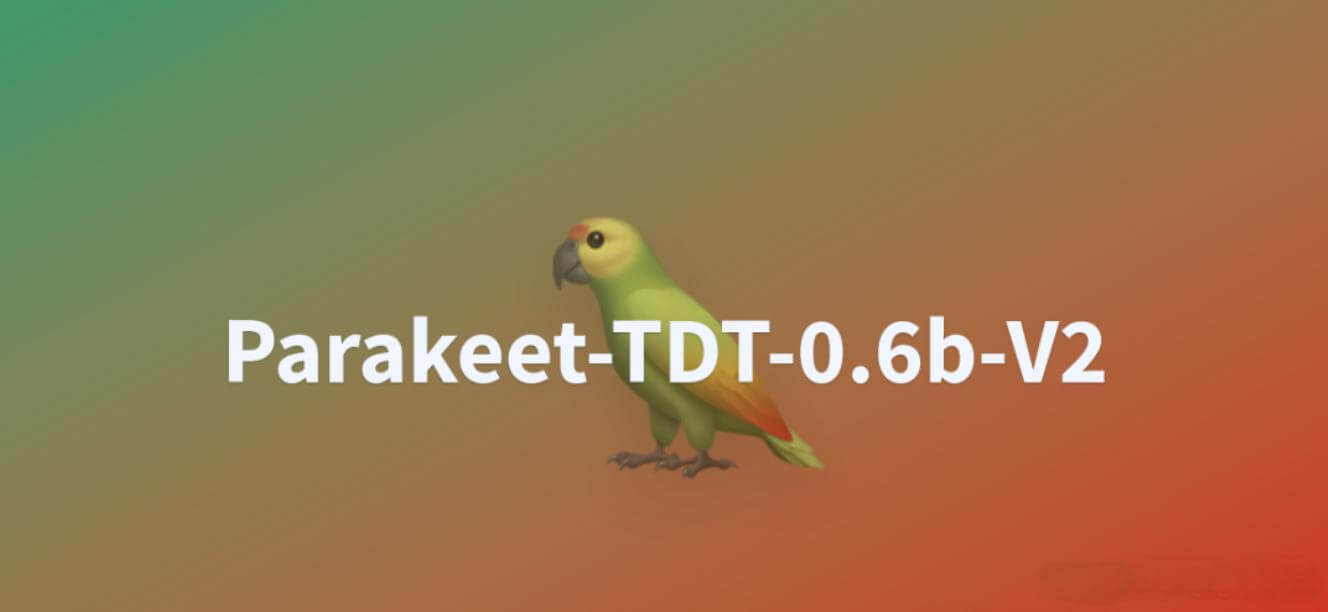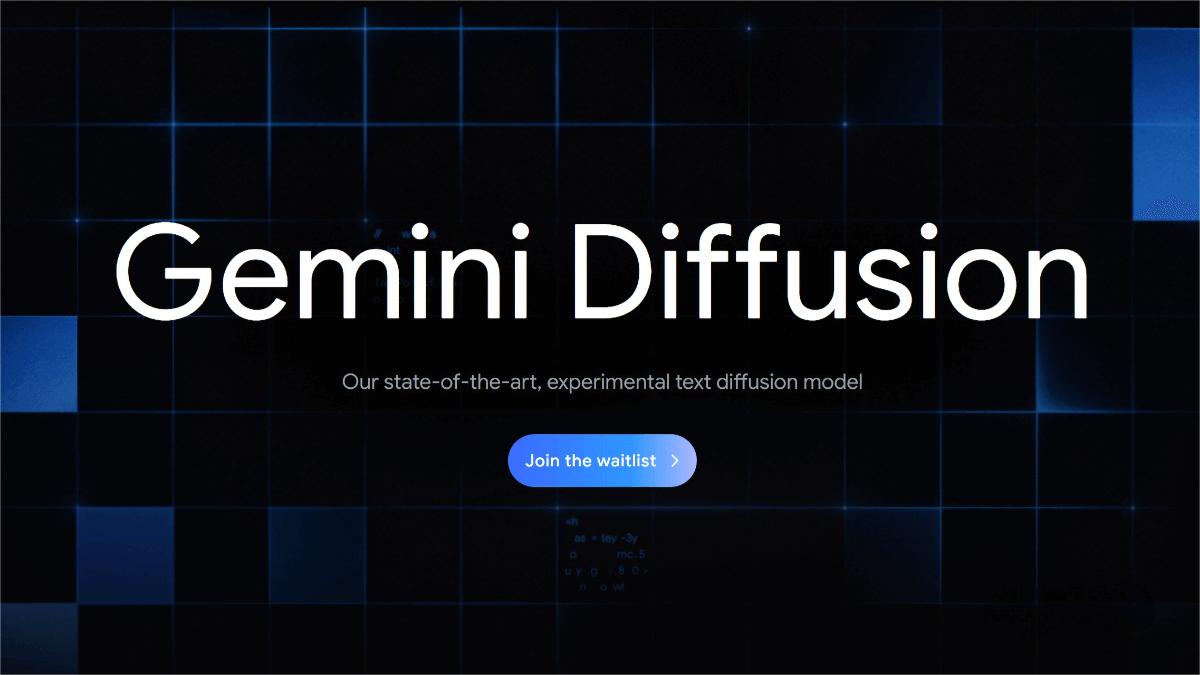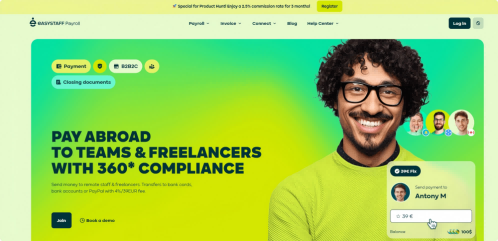What is the MCP Course?
The MCP Course is a free and open-source course launched by Hugging Face, designed to teach how to build and deploy context-aware AI agents and applications using the Model Context Protocol (MCP). The course is organized into multiple units, progressing from foundational concepts to advanced development techniques. It also includes Bonus Units that explore new tools and partner collaborations. Upon completion, participants receive a certification that validates their professional competency in MCP. The course is ideal for developers with some background in AI and programming, helping them build adaptive AI applications capable of real-time context awareness.
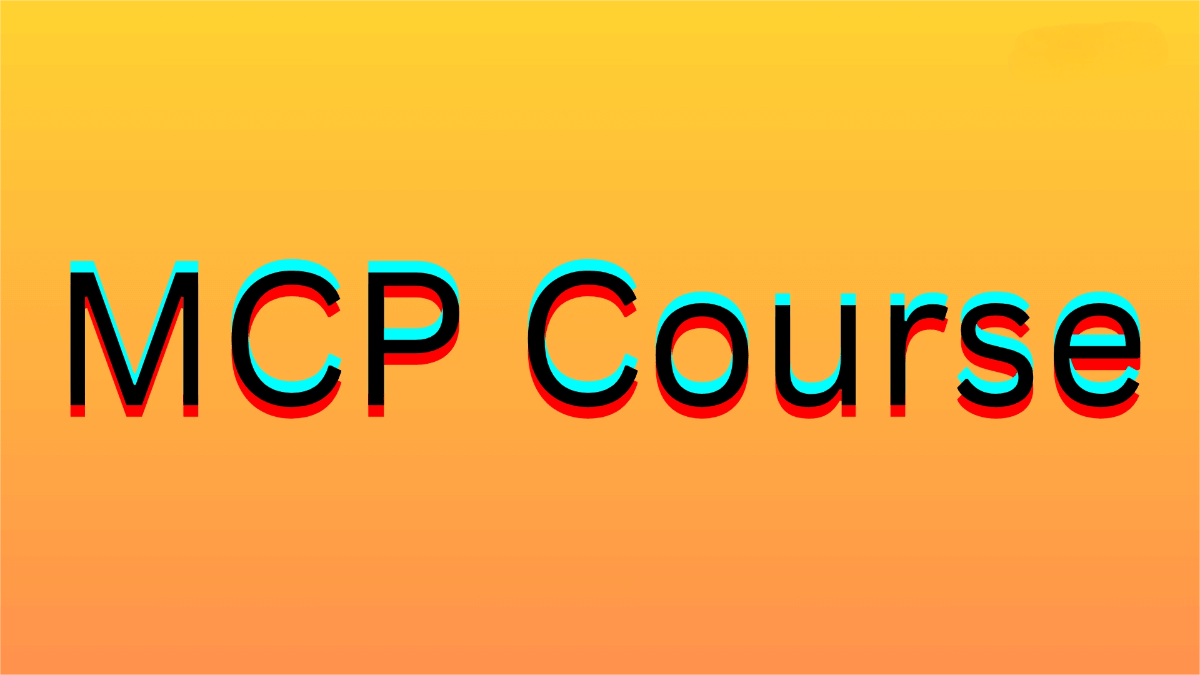
Key Features of the MCP Course
-
Theoretical Learning: Starting with foundational units, learners are introduced to the core concepts, architecture, and components of MCP, including client-server design, the JSON-RPC 2.0 communication standard, as well as prompts, resources, and tools.
-
Hands-on Practice: Through practical units, learners gain experience building MCP applications using mature SDKs. Preconfigured environments are provided to enable quick hands-on learning.
-
Use Case Assignments: Learners apply their knowledge to solve real-world challenges by selecting and completing specific use case assignments, such as building a file system MCP server.
-
Collaboration & Expansion: The course features collaborations with Hugging Face partners, introducing learners to the latest MCP tools and real-world implementations across the industry.
Course Structure
-
Unit 0: Onboarding
Introduces the course goals and prerequisites, laying the groundwork for the following units. -
Unit 1: MCP Fundamentals
Deep dive into the core principles of MCP, including its architecture, key components, and the problems it aims to solve. Focuses on understanding how MCP enables seamless integration between AI models and external systems. -
Unit 2: Building an MCP Application
A practical unit where learners are guided through developing a simple MCP application, applying their knowledge to a real-world example for hands-on experience. -
Unit 3: Advanced MCP Development
Covers more complex topics such as deploying MCP applications using the Hugging Face ecosystem and partner services. Also includes advanced implementation techniques and best practices. -
Bonus Units
Provide additional content to enrich the learning experience, including partner collaborations and exploration of the latest MCP tools and implementations. -
Certification
Learners who complete the course receive an official certificate from Hugging Face.
Project Homepage
- Project official website:https://huggingface.co/learn/mcp-course/unit0/introduction
Who Is the MCP Course For?
-
Enterprise Developers
Developers looking to integrate AI models with internal systems like databases or APIs to automate workflows and perform data analysis. MCP Course teaches how to simplify integration through MCP servers, reducing development and maintenance costs. -
Independent Developers
Offers methods to build local MCP servers, enabling safe handling of personal data and the creation of personalized AI assistants. -
AI Beginners
For those with a basic understanding of LLMs and AI agents but limited development experience, the course begins with clear foundational theory and progresses into real application development. -
Experienced Engineers
Engineers seeking to expand their expertise in AI can benefit from advanced development techniques and best practices provided in the course. -
Researchers & Open-Source Contributors
Those looking to contribute to the community by improving MCP capabilities through issues or pull requests, or by adding new course modules. -
AI Ecosystem Enthusiasts
Users interested in staying up to date with the latest AI technologies and tools to broaden their technical horizons.
Related Posts

